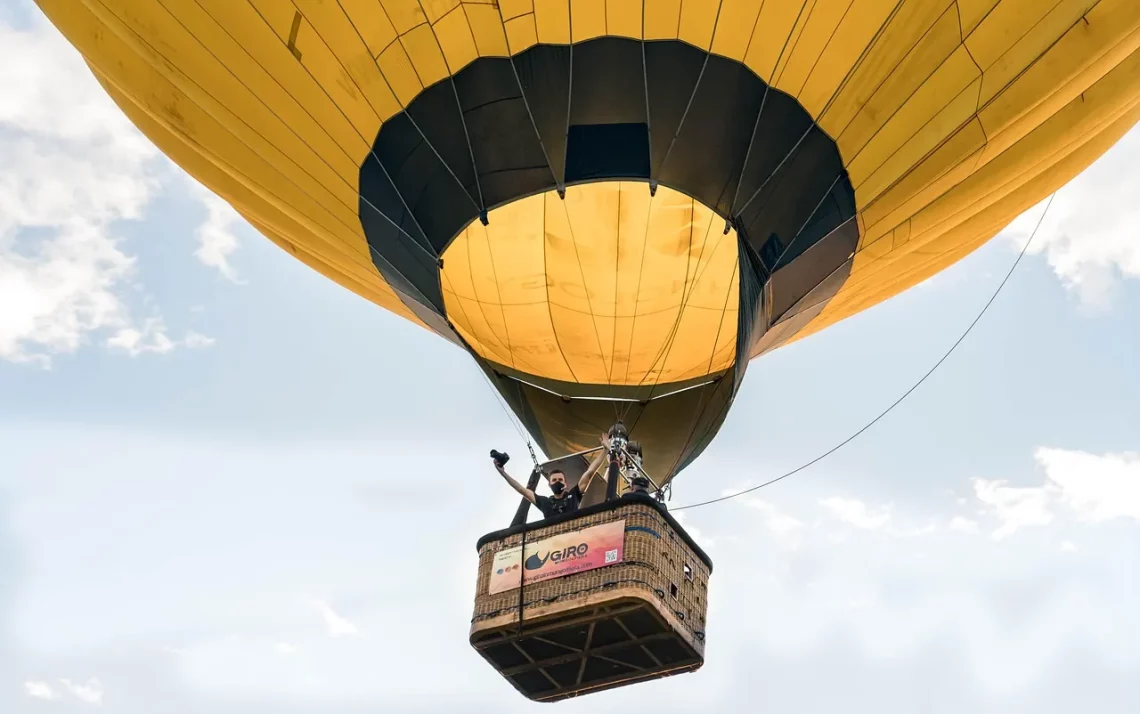
Discovering Wally West: The Kid Flash and His Reading Adventures
Wally West, a beloved character in the DC Universe, has captured the hearts of fans across generations. Best known as Kid Flash, Wally is not just a sidekick to the iconic Flash; he has evolved into a hero in his own right. His journey is filled with electrifying adventures, showcasing both his super-speed abilities and his deep connections with friends, family, and mentors. Wally’s character is a celebration of youthful exuberance and the complexities of growing up under the shadow of a legendary figure.
As he navigates the challenges of being a teenager while balancing his superhero responsibilities, Wally’s story resonates with readers, particularly younger audiences who see themselves reflected in his struggles and triumphs. The themes of friendship, identity, and perseverance are woven throughout his narrative, making him a relatable and inspiring figure. But beyond the action-packed sequences and colorful illustrations, Wally West’s story is also about discovery—of self, of relationships, and of the world around him. This exploration is not only physical but intellectual, as Wally learns and grows through his reading adventures, which play a significant role in shaping his character and values.
In this article, we will delve into the vibrant world of Wally West, exploring his character development, the friendships that define him, and how literature influences his journey.
The Evolution of Wally West: From Kid Flash to Hero
Wally West’s transformation from Kid Flash to a fully realized hero is a narrative arc that showcases his growth and resilience. Initially introduced as a sidekick to Barry Allen, the original Flash, Wally’s early experiences were often defined by comparison. He grappled with living up to the expectations set by his mentor while trying to carve out his own identity. This internal conflict is not only relatable to young readers but serves as a crucial part of his character development.
Over time, Wally’s powers and responsibilities expanded. He learned to harness his super-speed, but more importantly, he began to understand the weight of being a hero. The challenges he faced were not just physical; they were emotional and ethical. Wally had to make choices that affected not only his life but also the lives of those around him. This depth in storytelling invites readers to reflect on their own lives and decisions.
What sets Wally apart from many other superheroes is his relatability. He experiences the same trials and tribulations as any young person—friendship dilemmas, family issues, and the quest for self-identity. His journey is a reminder that everyone has the potential for greatness, and it’s okay to struggle along the way. Through his evolution, Wally becomes an inspiring figure, encouraging young readers to embrace their journeys and strive for their own heroic moments.
Moreover, Wally’s evolution is also marked by his relationships, particularly with his family and fellow heroes. These connections enrich his character and offer valuable lessons about teamwork, loyalty, and love. As he grows, so do the bonds he forms, illustrating the importance of community and support in achieving one’s goals. Wally’s story teaches that while skills and powers are important, the relationships we foster significantly impact our journey.
The Importance of Friendship in Wally’s Adventures
Friendship plays a pivotal role in Wally West’s narrative, shaping both his character and his adventures. Throughout his journey, Wally is supported by a close-knit group of friends who help him navigate the complexities of being a young superhero. This theme of camaraderie resonates deeply with readers, as it mirrors the significance of friendships in their own lives.
One of Wally’s most notable friendships is with his mentor, Barry Allen. Their relationship goes beyond mere heroics; it is built on trust, guidance, and mutual respect. Barry serves as a role model for Wally, teaching him the importance of responsibility and the ethical implications of their powers. This mentorship not only helps Wally grow as a hero but also reinforces the idea that friendships can help us become better versions of ourselves.
Additionally, Wally’s friendships with his peers, including other sidekicks and young heroes, add layers to his adventures. These relationships provide a sense of belonging and highlight the value of teamwork. Whether they are facing formidable foes or tackling everyday challenges, Wally knows he can rely on his friends. This sense of community is a crucial element of his character, demonstrating that no one is truly alone in their struggles.
Wally’s interactions with his friends also serve as a source of humor and lightheartedness in the story. The banter and playful dynamics showcase the joys of friendship, making the narrative more engaging for young readers. Through these relationships, Wally learns valuable lessons about loyalty, forgiveness, and the importance of standing by each other in times of need.
Ultimately, Wally West’s friendships enrich his story, illustrating that true strength comes not just from individual power but from the connections we cultivate. These bonds help him face challenges with confidence and resilience, proving that the journey of heroism is often a shared experience.
The Role of Literature in Wally’s Growth
Wally West’s adventures are not just filled with high-speed chases and battles against villains; they also feature moments of introspection and learning, particularly through literature. Books play a significant role in Wally’s development, influencing his thoughts, decisions, and understanding of the world around him.
Reading opens up new worlds for Wally, providing him with insights that go beyond his immediate experiences as a superhero. Through literature, he encounters diverse perspectives and ideas, broadening his understanding of morality, ethics, and human nature. This intellectual growth is essential for a character like Wally, who is often faced with complex challenges that require more than just super-speed to solve.
Moreover, literature serves as a source of inspiration for Wally. He often finds parallels between the characters in the books he reads and his own life. Whether it’s a tale of heroism, sacrifice, or friendship, these stories resonate with him and reinforce the values he holds dear. This connection to literature encourages readers to appreciate the power of storytelling, showing them that books can be both entertaining and educational.
Wally’s reading adventures also introduce him to historical figures and literary heroes, allowing him to draw lessons from their experiences. This aspect of his character emphasizes the importance of learning from the past and using that knowledge to navigate the present. As he faces various obstacles, Wally can reflect on the wisdom he has gained through his reading, helping him make informed choices.
In a broader sense, Wally West’s relationship with literature underscores the idea that heroes are not just born; they are shaped by their experiences and the knowledge they acquire. By highlighting the role of reading in his growth, the narrative encourages young readers to embrace their curiosity, seek knowledge, and understand the world through various lenses.
In conclusion, Wally West’s journey as Kid Flash is a compelling tale of growth, friendship, and the pursuit of knowledge. His character resonates with audiences of all ages, reminding us of the importance of self-discovery, the value of relationships, and the power of literature in shaping our lives. As Wally continues to dash through adventures, he embodies the spirit of youthful determination, inspiring the next generation of heroes to find their own paths.
**Disclaimer:** This article is for informational purposes only and does not constitute medical advice. For any health-related issues, please consult a qualified healthcare professional.




